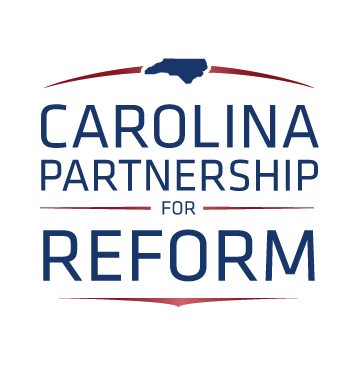Behind the Scenes on Cooper’s Veto of SB 678
It appears his veto was more about protecting one industry than promoting “clean” energy
Seasoned reporters and others in the political sphere know to treat all political rhetoric skeptically. The first question one should ask when considering a claim is: “What, if anything, is the unspoken motive here?” That’s the question to answer on Gov. Roy Cooper’s veto of Senate Bill 678, Clean Energy/Other Changes, which legislators successfully overrode this month.
The Bill
The bill legally classifies nuclear energy as “clean” energy. People can object to nuclear all they want, but it’s indisputably “clean.” For the record, President Joe Biden’s Department of Energy says “nuclear energy is clean and sustainable.”
By classifying nuclear energy as clean, Senate Bill 678 accomplishes two things. First, it includes nuclear as a qualifying source that energy generators can use to meet the state’s required threshold for “clean” or “renewable” power production (called the Renewable Energy Portfolio Standard, or REPS).
Second, it adds nuclear energy to the list of clean or renewable energy credits that can be traded in the marketplace. This is a complicated area, but essentially companies can buy and sell energy “credits” to show that some portion of their consumed electricity came from renewables. Starbucks and Whole Foods, for example, buy credits to signal their commitment to clean energy. The bill adds nuclear to that list.
So What’s the Problem?
That’s a good question. Initially, there didn’t appear to be a problem. The bill passed the Senate unanimously earlier this year. The final product that went to Governor Cooper wasn’t all that different from the original bill.
In his veto message, Cooper claimed that Senate Bill 678 “puts a thumb on the scale in favor of building new conventional generation.”
But it does no such thing. If anything, it comes closer to treating all forms of clean energy the same. Previously, only certain types of clean energy like solar had preferential treatment in statute, leaving nuclear energy out even though it’s one of the cleanest sources of energy known to man.
When viewed in that context, Cooper’s problem with the bill starts to become more apparent. It doesn’t seem like a stretch to conclude that Cooper doesn’t care so much clean energy as he does about one particular type of clean energy: solar.
Since Cooper brought up “putting a thumb on the scale,” it’s worth noting that most of his tenure as governor has been one giant elephant on the scale for solar companies.
Recall he held up issuing a natural gas pipeline permit because he wanted Duke Energy to give his solar industry allies favorable treatment in a private contract dispute. It’s all in writing!
Solar Leasing Provision
There is one substantive thing that happened to the bill between its unanimous passage in the Senate and its final form.
A provision was added in the House that increased by ten-fold the percentage of electricity generation than can come from rooftop solar leasing programs.
That’s another complicated (and expensive) policy realm. There are real cost challenges associated with subsidies for rooftop solar leasing, and the current allowance isn’t even close to being fully utilized. It’s a policy question that can and surely will be explored further, but it was taken out of this final bill (recall the bill passed the Senate unanimously without this provision in it the first time).
But the rooftop leasing provision, if left in place, would’ve been a boon to Cooper’s solar industry allies. There’s some speculation that Cooper’s veto came because the final bill didn’t include this provision.
If true, that’s Cooper yet again opposing clean energy because it doesn’t single out his preferred clean energy vendors.
We’re fully on board with cleaner energy – given a choice between more carbon emissions or fewer carbon emissions, it seems obvious to choose fewer.
But we’re not on board with favoring particular vendors over another, and then claiming the favoritism is all about cutting emissions. Cooper created an Office of Clean Energy to great fanfare, but the way he’s behaving he might as well rename it to Office of Solar Industry.

